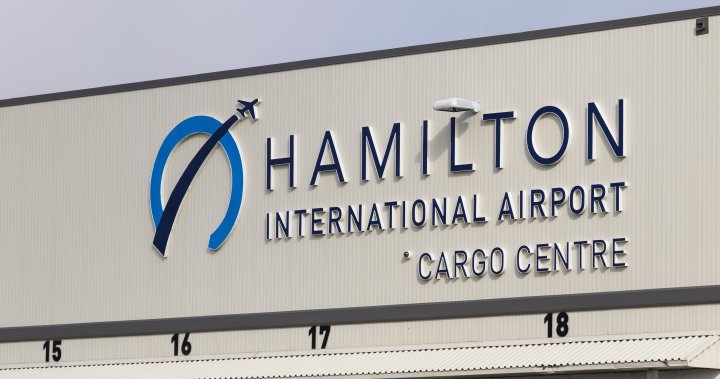Play Airlines, a budget carrier based in Reykjavik, Iceland, is ceasing operations in Canada less than two years after its inaugural entry into the Canadian market. The airline’s current schedule indicates that flights from Hamilton, Ontario, to Reykjavik, its primary hub for connecting flights to European destinations, will be discontinued starting in late April 2025. This effectively marks Play Airlines’ withdrawal from Canada, as confirmed by industry sources like Tripcentral.ca founder Richard Vanderlubbe and various trade publications. The move leaves Hamilton International Airport without a direct link to Iceland and reduces options for Canadian travelers seeking affordable transatlantic flights.
Play’s departure follows a trend of consolidation and challenges within the Canadian low-cost airline sector. Lynx Air, another budget carrier, filed for creditor protection in February 2024, further narrowing the field of affordable travel options. WestJet’s integration of Swoop, its own low-cost subsidiary, into its main operations in 2023 similarly reduced the number of independently operating discount airlines in the country. These events highlight the difficulties faced by budget airlines in maintaining profitability and market share in a competitive environment, especially amidst fluctuating fuel costs and economic uncertainties.
The exact reasons behind Play Airlines’ decision to exit the Canadian market remain unclear, as the company has not issued an official statement or responded to media inquiries. Speculation centers around potential factors such as weaker-than-expected demand for the Hamilton-Reykjavik route, increasing operational costs, and the increasingly competitive landscape of the Canadian aviation market. The airline’s silence also leaves questions unanswered regarding the handling of existing customer bookings for flights scheduled beyond April. It is crucial for affected passengers to be informed about refund policies or alternative travel arrangements.
Play Airlines’ entry into Canada in 2023 was met with optimism, offering travelers a new budget-friendly option for reaching Europe via Iceland. The airline’s business model, similar to that of other low-cost carriers, revolved around minimizing operational expenses by offering a basic service and charging extra for amenities like checked baggage and meals. This strategy allows airlines to offer lower base fares, attracting price-sensitive travelers. However, the sustainability of such a model depends on high passenger volumes and efficient operations, which can be challenging to maintain, particularly in a new market.
The withdrawal of Play Airlines from Canada impacts not only travelers but also the Hamilton International Airport, which loses a connection to a key European gateway. The airport had anticipated benefits from Play’s presence, including increased passenger traffic and economic activity. The loss of this service underscores the vulnerability of regional airports that rely on smaller airlines and niche routes. It also highlights the competitive dynamics of the Canadian aviation market, where maintaining a sustainable low-cost operation can be difficult.
The Canadian aviation landscape continues to evolve, with fluctuating fuel prices, economic uncertainties, and evolving travel patterns influencing airline strategies. The departure of Play Airlines highlights the challenges faced by budget carriers in maintaining a competitive edge. While the exact reasons for the airline’s exit remain undisclosed, the impact is felt by both travelers seeking affordable transatlantic options and the Hamilton International Airport. The situation underscores the dynamic nature of the airline industry and the need for carriers to adapt to changing market conditions. The future will likely see further consolidation and adjustments within the Canadian aviation sector as airlines strive to maintain profitability and cater to evolving passenger demands.

